With the news billionaire Elon Musk is set to take over Twitter, young people have sharing their views on the potential harms that can be found online.
But who should be responsible for the content that is posted on the internet and what is the best way to protect users from the potential harm that can be inflicted?
These were among the topics Grove Academy pupils learned about at a special workshop, hosted with the help of YouTube, at the school last week.
Fake news, hate speech and the ‘us vs them’ narrative was all on the agenda as pupils were taught the skills to help them navigate the range of online harms.
“It can affect you emotionally”
The Broughty Ferry school was among those taking part in the the Be Internet Citizens workshop, a programme which aims to encourage young people to have a positive voice online.
But what do the youngsters really think about the internet and have they already experienced the negative side of social media?
Georgia Frattaroli, S2, said: “(Online hate) has not really happened to me but I’ve witnessed it on the comment section of people’s posts.
“What people say on the internet can affect you emotionally.”
Megan Cochrane, also in S2, added: “Sometimes I see on some social media platforms that people make accounts to try to embarrass people.
“I don’t think it is always good because it can affect your mental health; you can end up spending more time on the internet than socialising in real life.
“In my opinion I would say it’s probably best to ignore it because if there is no reaction to their hate comments, it will get boring for those posting.”
“I’ve had to develop a thick skin”
It’s not just youngsters, however, who can be victims on online hate and for those in the public eye it’s often something that comes with the territory.
Michael Marra, Labour MSP for the North East Scotland region, explained. “I do get quite a bit of abuse online, not as much as some people but I have had to develop a thick skin.
“I haven’t had death threats but some colleagues have. I try and look at it with sympathy – why is that person spending their time doing this?”
Who is responsible for regulation?
The debate on social media and internet regulation is one that splits opinion. Should more be done by online platforms to moderate content or is it the users themselves who should take responsibility?
For Iain Bundred, head of public policy at YouTube, balance is key.
He said: “From our perspective, (the internet) is a great place and we are really proud of YouTube as a platform but there are down sides.
“We as a company invest huge amounts in content moderating so we can stop people seeing bad stuff but I think it’s important that users play their part as well.
“I think it’s right that we a mixture of more rules from individual platforms and also government, as well as induvial taking responsibility.”
To find out more about the workshop click here.
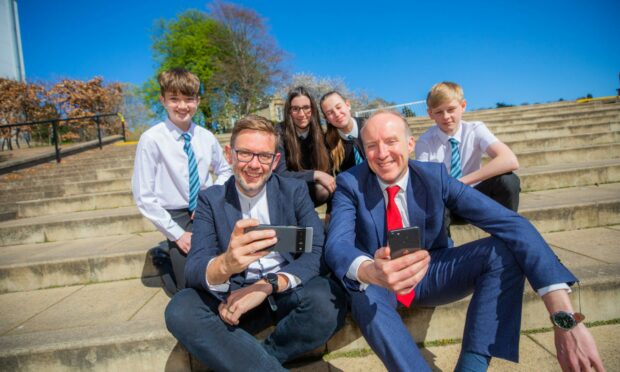
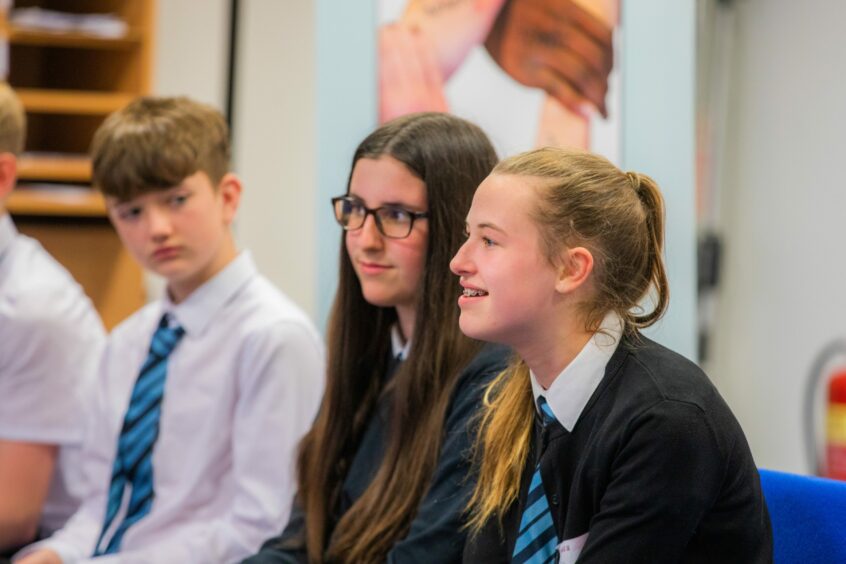
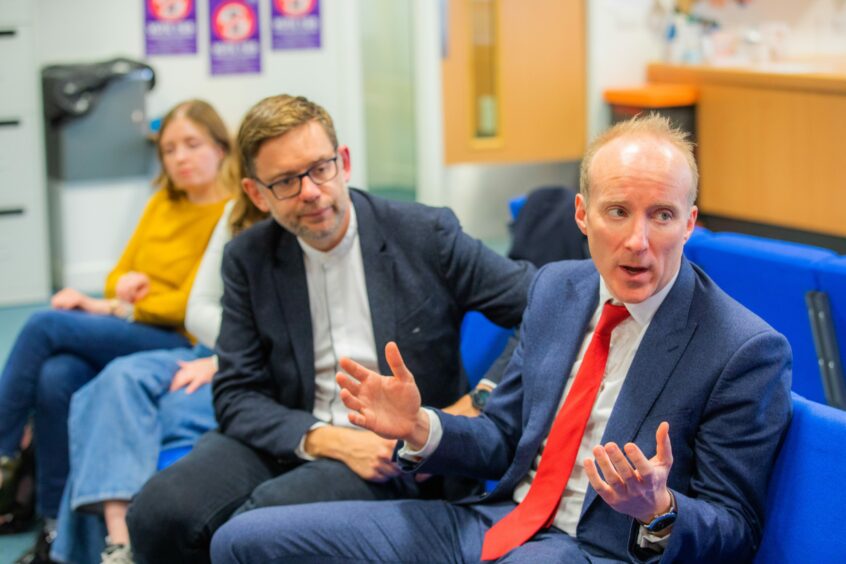
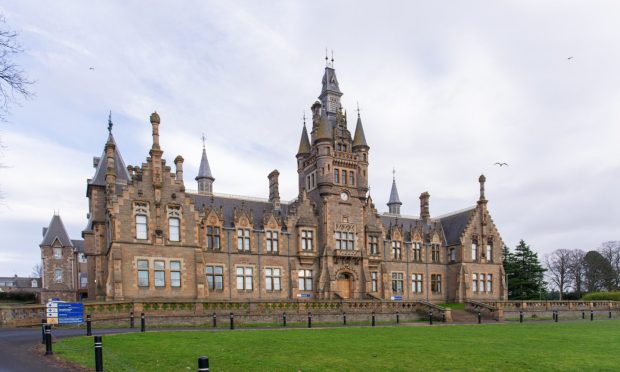

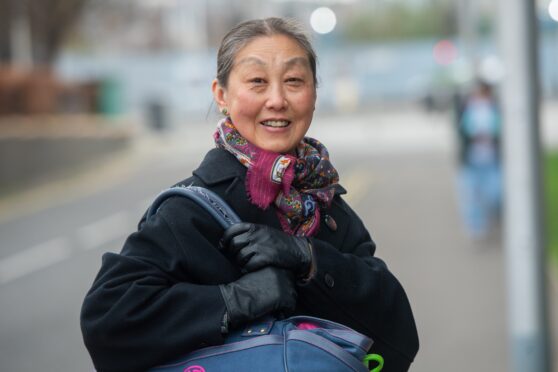
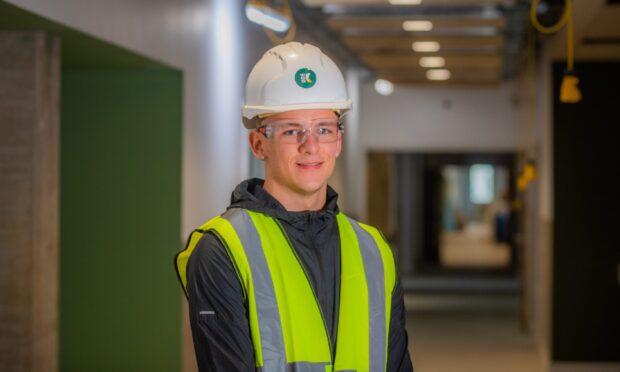




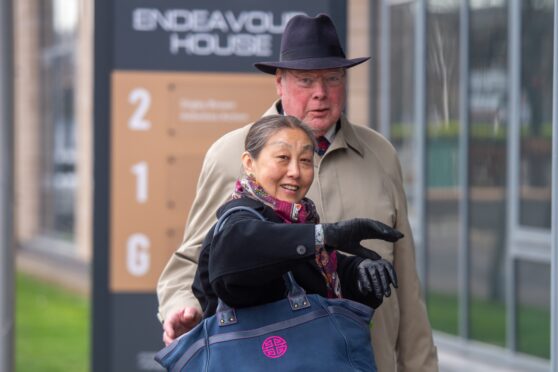
Conversation